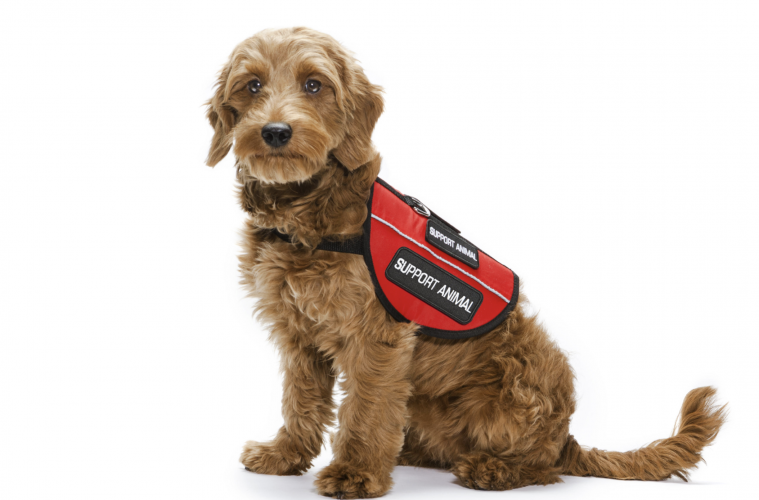One in Four US citizens live with a disability, that impairs them either physically or for cognitive abilities. For a large percentage of them, companionship of an animal comes with a plethora of benefits.
Emotional Support Animals can help their owners by providing comfort, reduce the feelings of isolation and calm anxiety. Adopting the right pet is crucial and can be a tough decision to make. From dogs and cats, to rabbits and pigs, you have the option to pick any animal, of any breed. As the owner, you need to establish which pet will benefit you the most, and be aware of the responsibilities that go along with it.
How to Get an ESA?
Those who feel that an ESA can improve the quality of your life can consult a licensed health professional to get an ESA letter. The document will authenticate that you can benefit from an ESA but does not offer any certification for the animal in question. If needed, you can opt for a service animal registration for your pet.
Regardless of the animal you choose, it is always recommended to make sure that the animal is trained to behave appropriately in public. This is particularly important if you are planning to travel, to ensure that your fellow travelers do not find your ESA aggressive.
On that note, unlike service dogs, the ADA does not offer ESA any legislation to guarantee entrance in any public places or businesses. Though it might not be hard to take your dog with you, other animals might not receive the same welcome.
Owners should also educate themselves on the distinction between ESAs and other animals. Though the ADA regulation is applicable all over the country, states and territories might have a different set of rules.
What To Consider While Choosing an ESA?
There is no set of qualities that make for the best ESA, The right animal for you will depend on your disability, and what kind of support you need. Here are some points to consider when you choose the perfect animal.
- Do you or your family members have any animal allergy?
- Is anyone in your family afraid of this animal?
- Can your house accommodate the ESA? Is there sufficient space for them to exercise?
- How often do you travel and is it possible to travel safely with your ESA? If you commute frequently in a car, does your ESA fit in the vehicle?
- Do you have experience looking after the animal? It is best not to choose an animal you are likely to stress over.
Many people choose to upgrade their current pet as an Emotional Support Animal. Others might like to raise animals from a young age, to develop bonds with them. Either way, you have to ensure that the animal receives the right training before you take them out in public.
Choosing to get an ESA is an important decision, one that needs careful consideration of your needs, your lifestyle and the comfort for those living with you. It might take some time to find the right match for you, but when you do, you are bound to find one that will tremendously improve the quality of your life.

